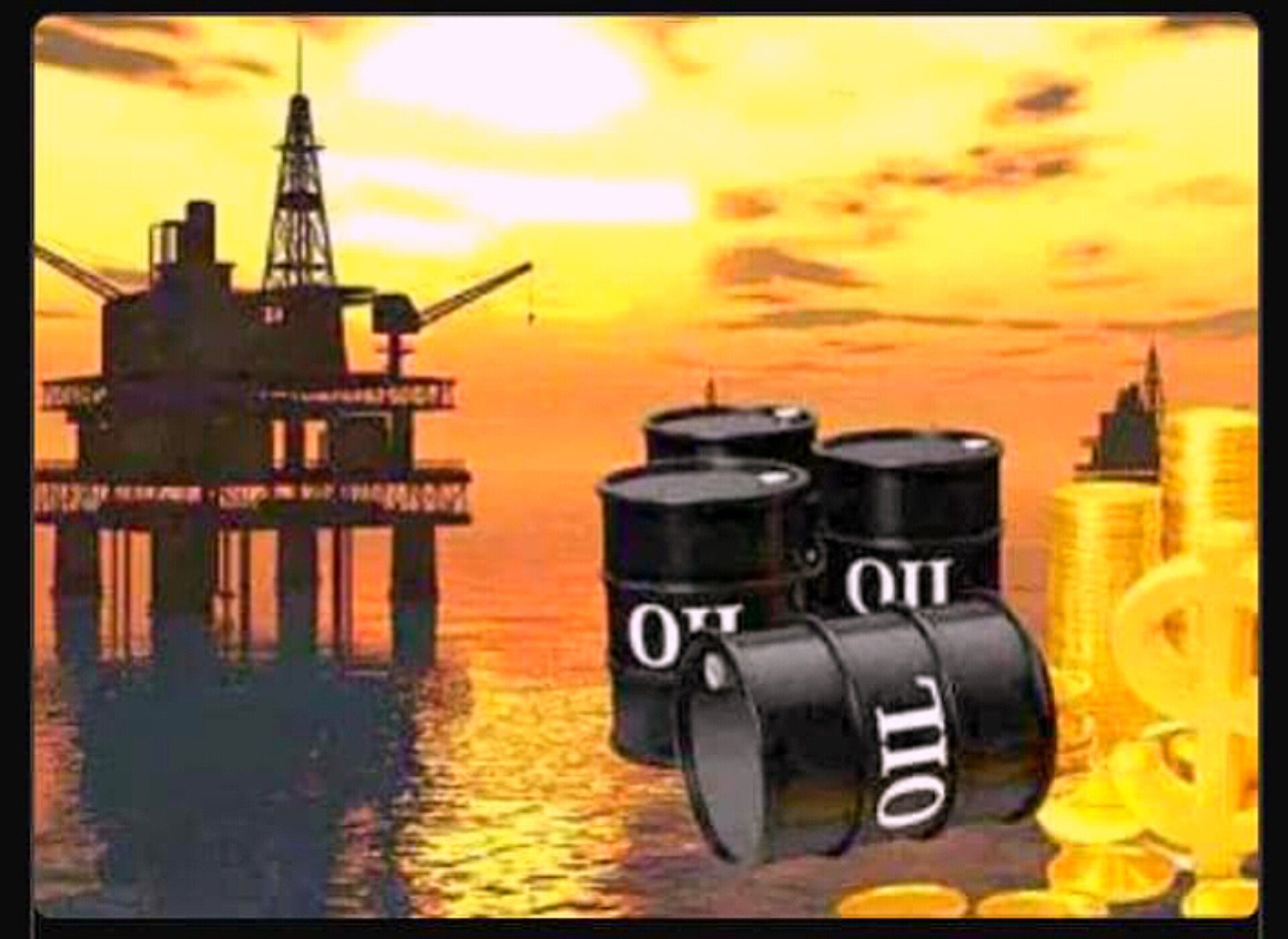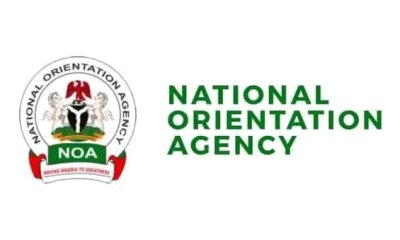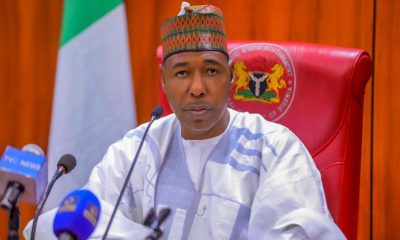National
Paradoxes of Nigeria’s Crude Oil and Fuel Sector

By Fortune Idiese
Nigeria is Africa’s largest crude oil producer but paradoxically, it continues to face persistent fuel scarcity, rising pump prices, and heavy dependence on imported petroleum products.
Nigeria produces over 1.8 million barrels of crude oil per day. But despite this enormous natural wealth, most of the country’s petrol are imported.
Nigeria’s refineries are either underperforming or completely non-functional. And for decades, they have been plagued by corruption, mismanagement, and neglect.
In 2023, hopes were high when the Dangote Refinery was commissioned — Africa’s largest single-train refinery. But by mid-2025, Nigerians are still paying over ₦800 per litre at the pump, with fuel imports continuing.
This reliance on imports drains Nigeria’s foreign exchange reserves. The naira weakens, prices go up, and the burden falls on the average citizen.
At the same time, subsidies once used to cushion prices were removed — triggering inflation and transport hikes. The government says the policy was necessary, but critics say it came with no social safety net.
According to NNPC, Nigeria loses hundreds of thousands of barrels daily — a blow to both revenue and energy security.
With over $25 billion spent on subsidies between 2005 and 2023.
Nigeria’s crude oil sector reflects a country rich in resources, but burdened by poor management, policy inconsistency, and lack of transparency.
Until the paradox is resolved , a nation that exports crude but imports fuel will continue in the struggle at the pump which may sadly remain a permanent fixture of daily life, if adequate intake are not established.













